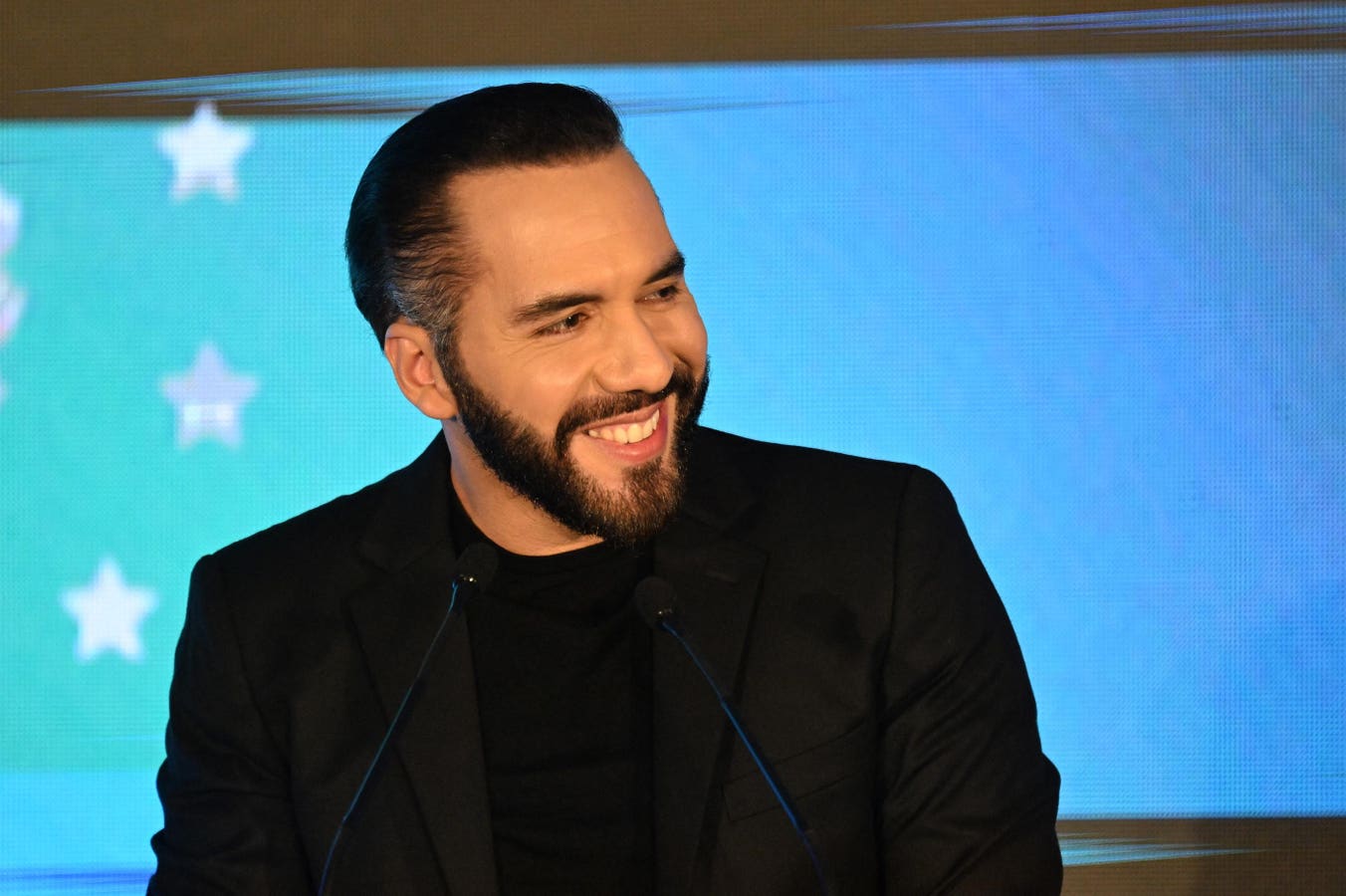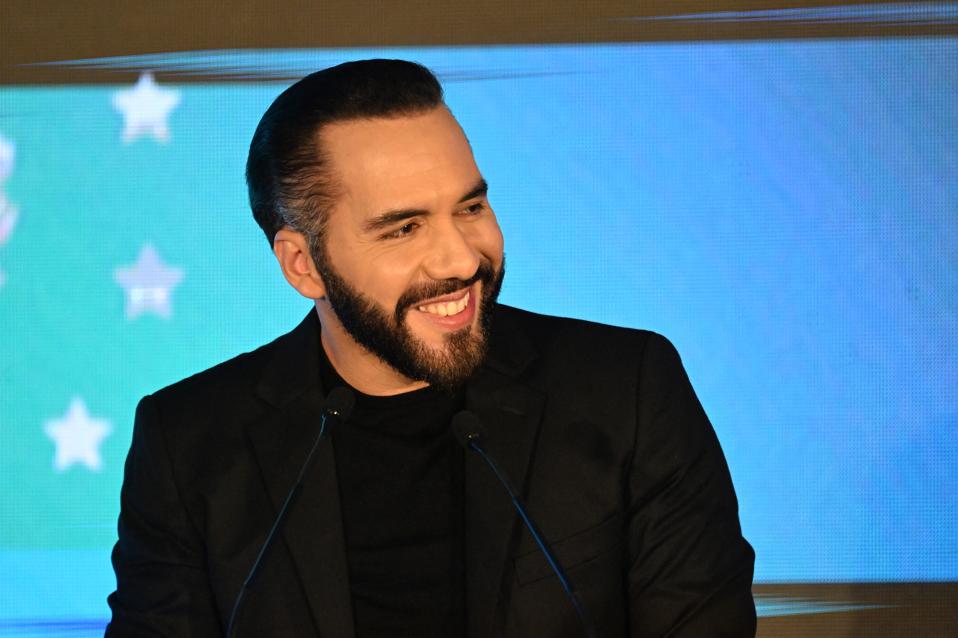El Salvador’s President Nayib Bukele smiles during the inauguration of the Key Institute, a private institution of higher education specializing in engineering and science in San Salvador on March 19, 2025. (Photo by Marvin RECINOS / AFP) (Photo by MARVIN RECINOS/AFP via Getty Images)
AFP via Getty Images
In 2021, El Salvador became a Bitcoin trailblazer when the tiny Central American country decided to bet on bitcoin, making it legal tender. Four years later, the country’s government reached an agreement with the International Monetary Fund after changing the Bitcoin Law, making bitcoin acceptance voluntary instead of compulsory. This entire Bitcoin path started in a little beach town called El Zonte with a bitcoin circular economy and the revolution there is still ongoing—in fact, it has evolved into a global movement: Bitcoin Beach.
We spoke with Roman Martinez, co-founder of this project, to understand their path and how they’re still betting on bitcoin adoption in El Zonte, El Salvador, and the world. “El Salvador is the first country to make Bitcoin legal tender, and although some claim that “it no longer is,” the truth is that it’s still legal. There is no other country doing what El Salvador is doing in terms of adoption. That’s why many Bitcoiners who visit El Zonte and Bitcoin Beach every week say El Salvador is still “Bitcoin Country,” Martinez explained.
As we reported in January, the country modified this law to comply with the IMF’s conditions to access a $1.4 billion loan announced in late 2024, and the possibility of receiving up to $3.5 billion in new financing from other multilateral institutions like the World Bank. This decision generated a lot of reactions among the Bitcoin community, who said that these kinds of deals and the changes made to the law to seal them were too big of a concession—especially coming from Nayib Bukele’s government, which had been very vocal against the IMF’s negative comments regarding bitcoin adoption in the country.
But for Martínez, these changes are part of the process. “Adoption in El Salvador continues. We keep welcoming tourists, we keep educating communities and everyone who needs it and shows interest. There are multiple education projects that are active and growing. The work doesn’t stop, even though it takes time to educate the population,” Martinez underscored.
Bitcoin Beach: Bitcoin Circular Economy Goes Global
El Salvador is a pioneer, but its success is greatly inspired by the Bitcoin Beach project. Co-founded by Martínez, Mike Peterson, and other community leaders from El Zonte, this Bitcoin-based educational and circular economy project started in 2019, two years before the Bitcoin Law was born. Now, more than five years later, it has escalated into a global movement.
The project announced a grants program with more than 35 applications. The objective of this program is the creation of new circular economies, which will be evaluated and selected in the coming months. They also have a fellowship program to bring together leaders from around the world who are currently driving 70 projects inspired by the Bitcoin Beach model. All of them follow the Bitcoin Beach white paper, a document that explains how to create and maintain a Bitcoin circular economy, authored by the team.
“We want them to witness the impact of Bitcoin tourism, which already exists in places like Bitcoin Beach, Berlin, San Salvador, and other areas of the country. Additionally, experiencing life in the first country to make Bitcoin legal tender inspires them to understand that a small idea — like Bitcoin Beach once was — can grow to transform a nation and motivate leaders around the world to create their own circular economies,” Martínez detailed.
Despite the changes to the law, El Salvador is still accumulating bitcoin. According to the Bitcoin Office, the governmental institution that oversees all matters related to Bitcoin the 1 BTC a day strategy reported by CoinTelegraph is still running.
Even President Bukele posts from time to time that the country is still on this path. For example, he posted that to commemorate Bitcoin Day, marking the law’s anniversary, the country bought 21 bitcoins. At the time of publication, the total amount in the public bitcoin treasury address is 6,313.18 BTC.
Projects like Bitcoin Beach demonstrate how a Bitcoin circular economy empowers local communities and underscore how these communities could have a big impact in their own countries. With the Bitcoin Law turning four years old, seeing the Bitcoin Beach project’s growth and global impact is a reminder of how powerful bitcoin could be as a financial inclusion tool.

